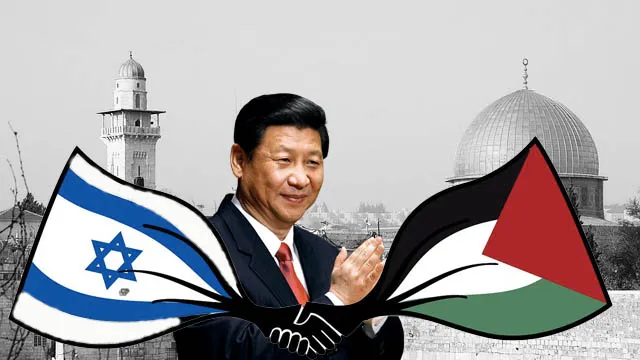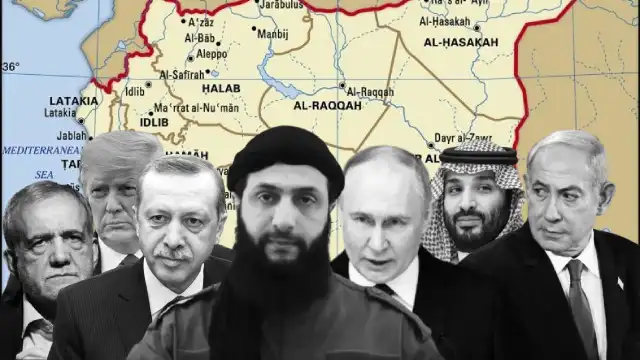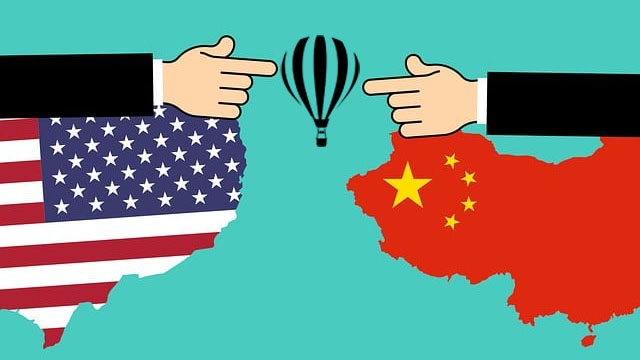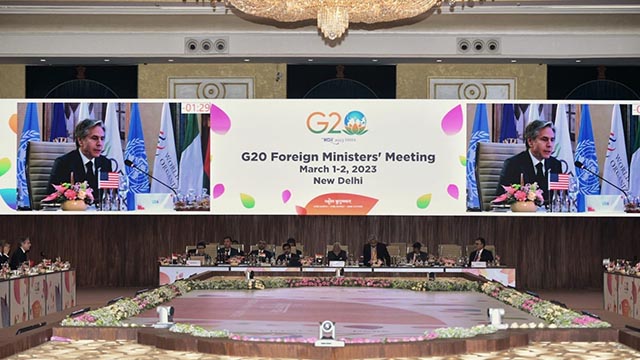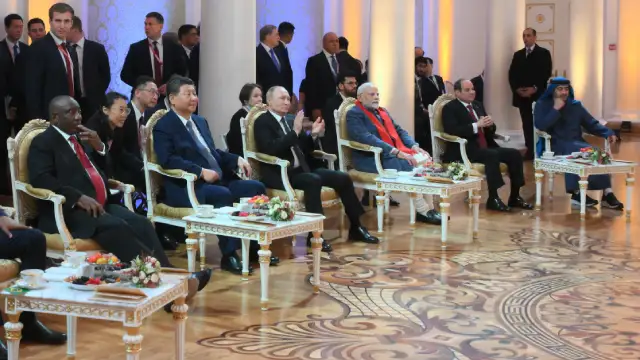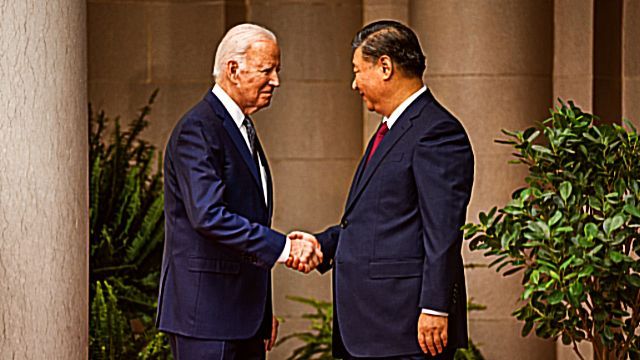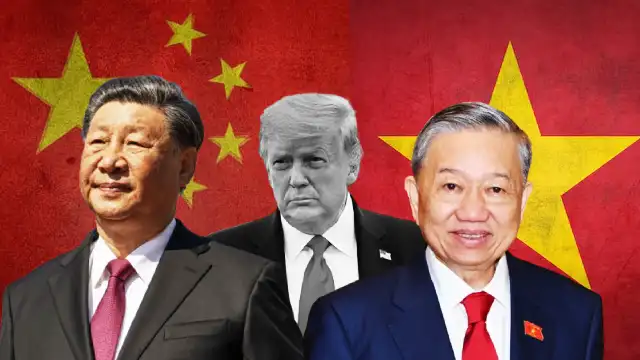After a prima facie success in Iran-Saudi mediation, China now could set its eye on mending the long-standing diplomatic impasse between Israel and Palestine, claimed Wu Bingbing, the director of the Centre for Middle Eastern Studies at Peking University.
In an interview with the Indian news portal The Wire, published on March 13th, Wu discussed the possible outcomes of much-lauded China’s Iran-Saudi mediation and spoke en passant about the prospective Israel-Palestine mediation in future.
To the surprise of the whole world, on March 10th, the two Middle Eastern arch-rivals Iran and Saudi Arabia agreed to renew their ties with the mediation of China. Pointing out China’s Iran-Saudi mediation, Wu claimed that the Iran-Saudi proximity is the first and major success vis a vis the initiative to solve the problems in the Middle East.
He also said that the Syrian conflicts and other civil wars in the Middle East should be resolved to initiate comprehensive security in the Middle East.
The Middle East is one of the most conflicted regions in the world and is beset with various problems including Arab-Israeli, Shia-Sunni, Arab-Iranian, Muslim-Jewish and internal civil wars. It has been alleged that the United States has repeatedly applied the policy of “divide and rule” the oil and gas-rich region to maintain its hegemony.
On the other hand, it is feared that Iran and Saudi Arabia are engaged in a shadow war, which many political analysts call the ‘Middle East Cold War’. It is also reported that the Iran-Saudi rivalry found its feet in the Syria and Yemen civil wars and got exacerbated in Bahrain, Lebanon, Qatar and Iraq. The two countries also compete for their political leverage in Nigeria, Pakistan, Afghanistan and East Africa.
In the context of this rivalry, US officials warned last year that Iran might launch a military attack on Saudi Arabia, The Times of Israel reported.
Regarding this, Wu averred that the successful Iran-Saudi mediation is a strong step to restore peace in the Middle East.
Furthermore, he claimed that some forums between Palestinians and Israelis were organised for concrete dialogue. Before COVID-19, the dialogue was held in Beijing; after that, it went online. He added that China also pushed for peace efforts in the Syrian conflict.
Explaining why the Iran-Saudi mediation was successful before Israel-Palestine or Syria, Wu said that there are many factions involved in Syria. Wu added that apart from the Syrian government and rebels, neighbouring countries and major powers are also involved.
Likening to the Syrian problem, Wu stated that the Israel-Palestine issue also involves many parties and hence the problems are complex. Pointing out China’s Iran-Saudi mediation, he explained that the parties involved in the tripartite discussion were not many and hence positive results were expected in the area.
Incidentally, in the conflict between Israel and Palestine, the people of the Middle East stand for Palestine forgetting the Shia-Sunni and Arab-Iran conflicts. Since the establishment of Israel in 1948, Israel and the Arab countries have been involved in spiralling conflicts. US-allied Arab countries had not recognised Israel for a long time. But recently, some countries like Saudi Arabia and the UAE, proximate to the US, have established relations with Israel despite maintaining their stance on the US-mediated resolution of the Palestine issue.
Israeli politicians didn’t perceive China’s Iran-Saudi mediation well inasmuch as Iran remains bitterly hostile to Israel. The Israeli opposition leader Yair Lapid said the China-led Iran-Saudi mediation is a result of Israel’s diplomatic neglect, The Times of Israel reported.
The US also didn’t welcome China’s Iran-Saudi mediation, but rather they took it as a diplomatic victory of China in the American-influenced region, CNN reported.
American newspaper, The New York Times, expressed the opinion that China’s Iran-Saudi mediation made the United States irrelevant in the Middle East. They wrote that China’s Iran-Saudi mediation for reviving diplomatic ties seemed to sideline Washington to reshape the global security order.
Explaining China’s approach to security, Wu said that China promotes comprehensive as well as cooperative security as real security is achieved through cooperation rather than competition. Wu added that China’s approach is based on the needs of the local country, mutual respect and mutual benefit.
China’s approach to “foreign policy” and “security” clearly presents an alternative approach to the US’s “war on terror”, “regime change”, “sanctions”, etc. If China’s Iran-Saudi mediation fructifies, it could end the shadow war in a wide area including Yemen, and Syria. This negotiation also seems to be a big blow to the US-Israeli plan to pit Saudi against Iran.
This agreement may end the widespread terrorism, and arms race in the Middle East in the future, and even force allyless Israel to come to a negotiation. However, it remains to be seen whether the US, which has allocated the world’s largest intelligence budget (US$ 89.8bn in the fiscal year 2022), would accept the new equation in the Middle East or come up with a new plan.
Managing Editor of East Post Bangla. A geopolitical and socio-economic analyst and columnist. He writes extensively on global affairs and promotes the idea of a multi-polar world order.

